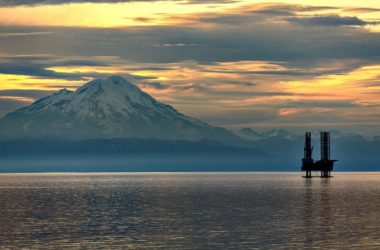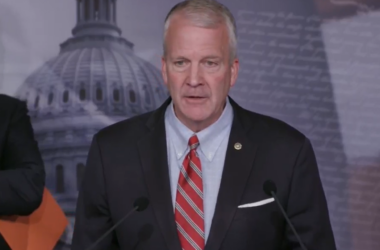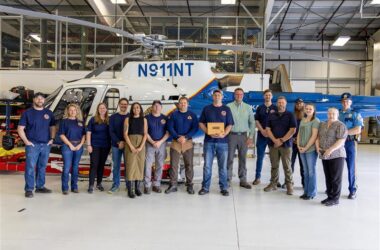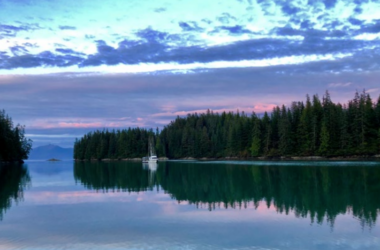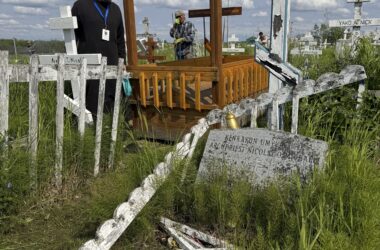On Tuesday at 11 a.m., Senator Lisa Murkowski (R) delivered her annual address to the Alaska State Legislature. She not only discussed Alaska’s position nationally, but also gave her opinions on local issues.
Early in her address, she addressed the topic of the impeachment of President Donald Trump. The Senator discussed her vote to not allow witnesses in the trial, followed by her subsequent vote to acquit the President: “The division in Washington DC is an embarrassing portrayal of what we’ve become. What started in the House as a wholly partisan exercise stayed that way. The vitriol escalated and the sides dug in. I worked pretty hard – I worked very hard to find a path that would take us forward and I honestly believe that it could be done, but as it progressed, and as we just went further down in the partisan pit, it became clear that my vote would accomplish nothing other than dragging the judicial branch down with us.”
Murkowski was also quick to remind the Legislature that her votes are not merely following the lead of the executive branch, but that she wants to re-strengthen the legislative branch, using her recent vote on President Trump’s war powers as an example: “The legislative branch must not seed our power, and that was one of the reasons why I voted to restrain the President’s war powers just this past week – to help re-establish the lines and the responsibilities of the executive and legislative branches of government.”
On a more local level, the Senator gave credit to local officials for their engagement when it comes to tackling the crisis of the safety of Alaskans, especially with regards to murdered and missing indigenous women. She also mentioned her awareness of Alaskans wanting to see a lowering of healthcare costs. The Senator believes telemedicine services will help tremendously, but acknowledged that broadband internet must be delivered to rural villages for them to fully take advantage of it.
She promoted tactful use of nuclear energy in Alaska, as a part of a wider belief that modernizing energy laws in Alaska should be based on science, rather than partisan policy. The Senator believes that, while energy sources are changing, “conventional” sources will be in-use for a long time, making the production and management of the state’s resources vital to keep Alaska competitive.
She ended her initial address with an observation that 2020 may not be an easy year for the nation given the huge divide politically, but despite the partisanship, that we must all double-down and work harder to honor America’s best and brightest: “To hell with politics, just do what’s right for Alaska.”

